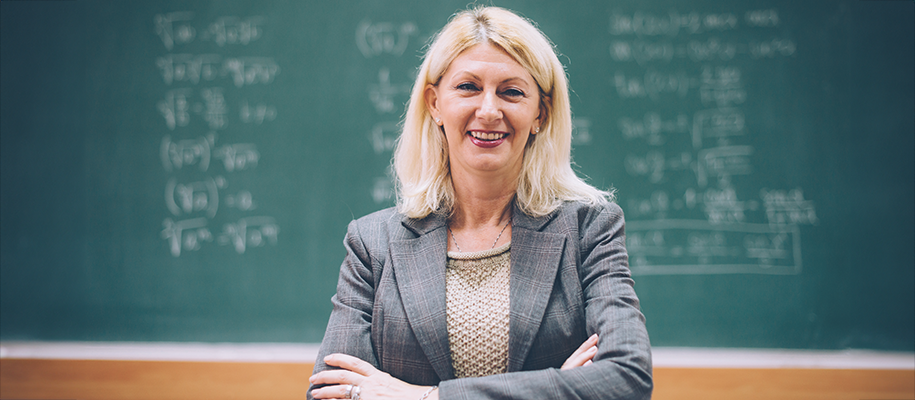With universities dating back to 1,000 AD, education has come a long way. However, it's no secret that women haven’t always played a leading role in education and the path it’s taken. In fact, even now, 130 million girls are still not able to go to school. In honor of continuing progress, here are some women who have helped paved the way for future generations of women to access education.
1. Emily Davies and 2. Barbara Bodichon
Emily Davies, a suffragist and feminist, and Barbara Bodichon, an educationalist and artist, worked with other feminists to raise money to purchase a house just two miles from Cambridge, England, to use as a base to provide education to women. In 1873, that house became an all-women’s school known as Girton College, the first residential college for women in Britain. But it wouldn’t be until 1948 that Girton would be granted full college status by the University of Cambridge. Today, Griton remains one of the constituent colleges of Cambridge and became coeducational in 1976.
Related: How to Know if a Women's College Is Right for You
3. Fanny Jackson Coppin
Fanny Jackson Coppin was an emancipated slave born in 1837. After she was freed, she became one of the first black women to graduate with a college degree from Oberlin College. She was a teacher of Latin, Greek, and math before becoming the principal of the Institute for Colored Youth in Philadelphia. She held this position for almost 40 years and dedicated her career to helping Black students. She even eliminated the school's tuition to make education more accessible for students and included vocational training in the school’s curriculum. After her retirement in 1902, she and her husband moved to Cape Town, South Africa, to pursue missionary work.
4. Jane Bolin
Jane Bolin was the first Black woman to earn a degree from Yale Law School in 1931. She began her career as a lawyer and was appointed as a judge by the mayor of New York City, also becoming the first Black female judge in America, where she would serve for 40 years. Through her work, she was able to battle segregation policies and even worked with Eleanor Roosevelt on a program to prevent crime among boys known as the Wiltwyck School. Bolin shattered countless glass ceilings throughout her career and remains an inspiration to women everywhere.
Related: Colleges With Events Celebrating Women’s History Month
5. Patsy Mink
Patsy Mink was a third-generation Japanese American and the first woman of color to be elected to Congress. Perhaps her greatest achievement, she co-wrote the Title IX Amendment of the Higher Education Act, which was later renamed as the “Patsy T. Mink Equal Opportunity Act'' after her death in 2002. Title IX states that “No person in the United States shall, on the basis of sex, be excluded from participation in, be denied the benefits of, or be subjected to discrimination under any education program or activity receiving Federal financial assistance.” This means that no citizen can be discriminated against in federally funded education programs due to their gender. Today, this is often used to protect survivors of sexual assault.
6. Malala Yousafzai
Malala Yousafzai is a Pakistani woman who was born in 1997. Her father, Ziauddin Yousafzai, was a teacher and owned an all-girls school. In 2012, Malala was shot by a Taliban gunman because she defied their control and continued to pursue an education. Since her recovery, Malala has been an activist for education for girls, leading her to become the youngest person to receive the Nobel Peace Prize in 2014. Today, The Malala Fund is working all over the world to bring education to girls. In Afghanistan, they work to hire more female teachers to increase representation in schools. In India, the organization has created opportunities for girls to get access to free schooling.
Related: List: All Women’s Colleges and Universities in the US
Celebrating the gift of education
All too often, we take our opportunities for granted. Sure, no one really wants to write that research paper for their English class—but having access to education is one of our greatest gifts. When women are able to receive an education, they’re able to live a better life. Studies show the importance of girls receiving an education, highlighting that girls who do are less likely to become child brides, become infected with HIV/AIDs, and have fewer children than those who don’t have access to an education.
As normal as it feels to leave for school each morning, being able to do that simple act is a big deal, because getting an education provides us with a greater quality of life. So the next time you complain about math homework, think about these powerful women who led the way to provide us with the opportunities that many have gone and still go without.
Tell us which powerful women you look up to in life by leaving a comment on Facebook, Twitter, or Instagram.
Sources







